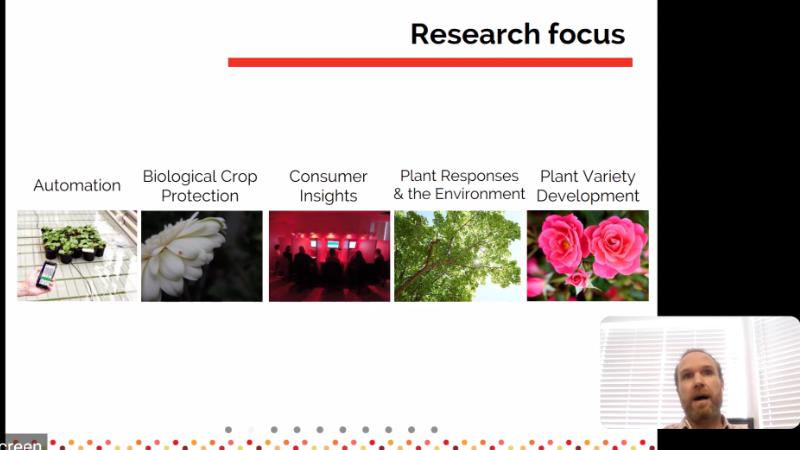
Canadian farm writers move online to discuss ag issues and the changing world of journalism
HUMBOLDT, Sask. – Farm writers from across the country met up online this past weekend to discuss current issues in the agricultural journalism industry at the Canadian Farm Writers Federation (CFWF) annual conference.
Many different factors sent the Sept. 23–25 conference to a virtual format this year with the host, the Eastern Canada Farm Writers’ Association (ECFWA), taking recording equipment to local farms to create video tours and panelists and attendees joining sessions over Zoom.
Co-chair Rachel Telford said it was a bit of a scramble since there was still hope that journalists could still meet up in Windsor for an in-person event or the ECFWA could still host a hybrid event.
“We figured it was safer to just move ahead with a completely virtual conference,” she said. “People, you know, for the past year and a bit had already, you know, been used to virtual and working online and we just figured the comfort level was there.”


